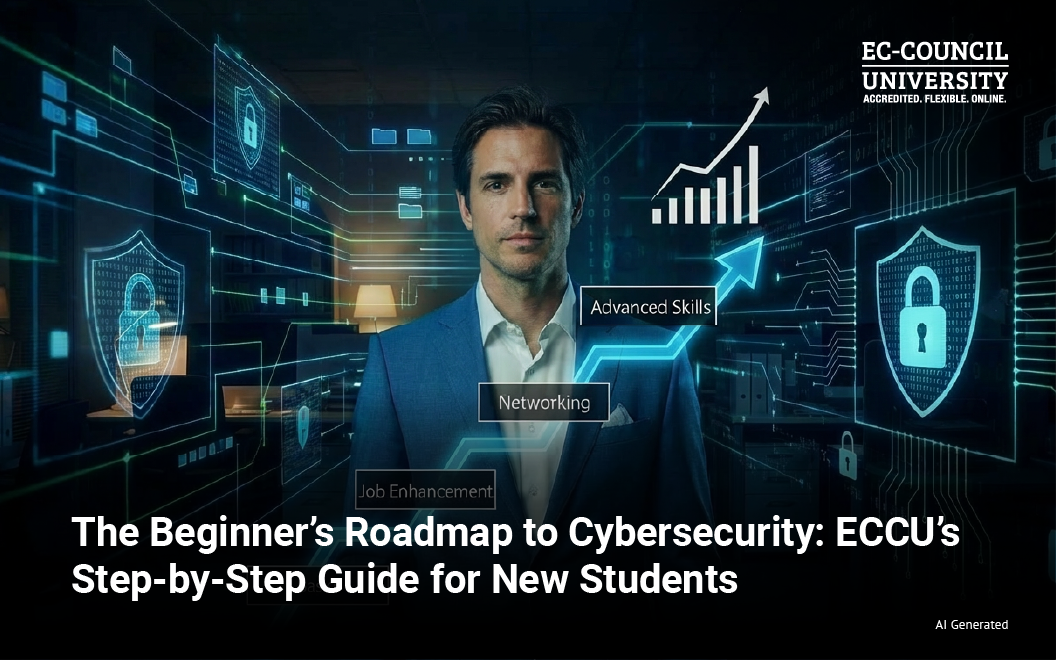Embarking on a master’s degree journey is a significant investment of time, effort, and resources. Choosing the right program is crucial, as it sets the stage for your academic and professional growth. In this advanced guide, we will delve deeper into the process of selecting the best master’s degree program. By considering additional factors and employing advanced strategies, you can ensure that your decision aligns perfectly with your long-term goals and aspirations.
Chart Your Academic Destiny with These Tips in 2025:
1. Reflect on Your Long-Term Vision: Take a step back and envision your long-term goals and aspirations. Consider where you see yourself in five or ten years and how a best master’s degree can help you achieve those ambitions. Reflect on the specific skills, knowledge, and expertise you wish to gain through your chosen program. By aligning your program choice with your long-term vision, you can maximize the impact of your master’s degree on your career trajectory.
Note down these questions on a piece of paper and start writing so that you can evaluate yourself:
- What are your long-term goals and aspirations?
- How can a master’s degree help you achieve those ambitions?
- What specific skills, knowledge, and expertise do you wish to gain through your chosen program?
- How does your program choice align with your long-term vision?
2. Evaluate Program Structure and Flexibility: Carefully examine the structure of the best master degree program you are considering. Assess factors such as the duration of the program, course requirements, and flexibility in designing your own curriculum. Some programs offer interdisciplinary options or the opportunity to customize your coursework to your specific interests. Choose a program that balances core requirements and flexibility, allowing you to pursue your academic passions while gaining a solid foundation in your field.
Check if it aligns with your core interest by focusing on these questions:
- What is the duration of the program?
- What are the course requirements?
- Does the program offer flexibility in designing your own curriculum?
- Are there interdisciplinary options or opportunities to tailor your coursework to your specific interests?
- How does the program balance core requirements and flexibility?
3. Research Faculty Expertise and Research Opportunities: Look beyond the institution’s reputation and delve into the expertise of the faculty members within your prospective program. Investigate their research interests, publications, and collaborations. A strong faculty with diverse expertise can provide invaluable mentorship, research opportunities, and networking connections. Identifying potential advisors or mentors who align with your research interests can significantly enhance your graduate experience.
Check if it aligns with your core interest by focusing on these questions:
- What are the faculty member’s research interests, publications, and collaborations within your prospective program?
- How strong is the faculty’s expertise in your area of interest?
- Can they provide mentorship, research opportunities, and networking connections?
- Can you identify potential advisors or mentors who align with your research interests?
4. Examine Research Facilities and Resources: Consider the research facilities, laboratories, and resources available to students within the program. Assess whether the program provides access to cutting-edge technology, equipment, and research grants. Adequate research support can significantly impact the quality of your research projects and provide opportunities for collaboration with fellow students and faculty members. For instance, EC-Council University, a pioneer in advancing cybersecurity education, offers students to practice on its hands-on iLabs, which is safe, easy to use, cost-effective, 100% automated, customizable, asynchronous, hands-on, and 24/7 accessible.
Check if it aligns with your core interest by focusing on these questions
- What research facilities, laboratories, and resources are available to students within the program?
- Does the program provide access to cutting-edge technology, equipment, and research grants?
- How does adequate research support impact the quality of research projects and collaboration opportunities?
5. Professional Development and Industry Connections: Examine how the best master’s program integrates professional development opportunities into its curriculum. Look for programs that offer workshops, seminars, and industry-specific courses to develop your professional skills. Additionally, investigate the program’s connections with industry professionals, alumni, and potential employers. Strong industry connections can open doors to internships, job placements, and networking opportunities.
Emphasize these questions:
- How does the master’s program integrate professional development opportunities into its curriculum?
- Does the program offer workshops, seminars, or industry-specific courses to develop your professional skills?
- What are the program’s connections with industry professionals, alumni, and potential employers?
- How can these connections open doors to internships, job placements, and networking opportunities?
6. Consider International Opportunities: If you have a global mindset and aspire to explore international perspectives, consider best master’s degree programs that offer study abroad opportunities, international exchange programs, or collaborations with overseas institutions. Studying in a different country can broaden your horizons, expose you to diverse cultures, and provide a unique academic experience.
Check if it aligns with your core interest by focusing on these questions:
- Do you have a global mindset and aspire to explore international perspectives?
- Does the master’s degree program offer study abroad opportunities, international exchange programs, or collaborations with overseas institutions?
- How can studying in a different country broaden your horizons, expose you to diverse cultures, and provide a unique academic experience?
7. Evaluate Capstone Projects or Thesis Options: Examine the capstone projects or thesis options available within the program. Determine whether the program offers opportunities for independent research, practical projects, or collaborations with industry partners. Engaging in a capstone project or thesis can authorize you to devote your wisdom and skills to real-world challenges, build a strong portfolio, and showcase your expertise to future employers or doctoral programs.
Check if it aligns with your core interest by focusing on these questions:
- What capstone projects or thesis options are available within the program?
- Does the program offer opportunities for independent research, practical projects, or collaborations with industry partners?
- How can engaging in a capstone project or thesis enhance your graduate experience and showcase your expertise?
8. Alumni Success and Networking: Investigate the success stories of the program’s alumni and assess their career paths. Look for solid alumni networks and engagement opportunities, such as alumni events, mentoring programs, or online communities. Check the university’s social media platforms and get to know the learning environment through their testimonial sections. Connecting with alumni can provide insights into post-graduation career prospects, job opportunities, and networking connections that can accelerate your professional growth.
Check if it aligns with your core interest by focusing on these questions:
- What are the program’s alumni’s success stories and career paths?
- Does the program have strong alumni networks and engagement opportunities?
- How can connecting with alumni provide insights into post-graduation career prospects, job opportunities, and networking connections?
9. Attend Information Sessions and Webinars: Take advantage of information sessions, webinars, virtual or in-person, offered by the program or institution. These sessions allow you to interact with faculty, current students, and industry professionals. Attend conferences or symposiums in your field of interest to expand your knowledge, network with experts, and gain insights into the latest developments. These events can provide valuable information and help you assess the program’s fit with your academic and career goals.
Check if it aligns with your core interest by focusing on these questions:
- How can you take advantage of information sessions, whether virtual or in-person, offered by the program or institution?
- How do these sessions allow you to interact with faculty, current students, and industry professionals?
- How can attending conferences or symposiums in your field of interest expand your knowledge and provide valuable insights?
10. Seek Personalized Advice and Mentoring: Reach out to professors, industry professionals, mentors, or advisors who can provide personalized guidance based on your unique interests and goals. Their expertise and experience can offer invaluable insights and help you navigate the complex process of selecting a master’s degree program. Engage in meaningful conversations, ask questions, and seek advice to make an informed decision.
Check if it aligns with your core interest by focusing on these questions:
- How can you reach out to professors, industry professionals, mentors, or advisors for personalized guidance?
- How can their expertise and experience offer invaluable insights to navigate the complex process of choosing a master’s degree program?
- How can meaningful conversations, asking questions, and seeking advice help you make an informed decision?
Choosing the best online master’s degree programs requires a comprehensive evaluation of multiple factors beyond the surface level. You can make an advanced and well-informed decision by reflecting on your long-term vision, exploring research opportunities, assessing program flexibility, and considering international options. Remember that a carefully chosen master’s degree program will provide you with academic knowledge and empower you to achieve your career aspirations and make a lasting impact in your chosen field.







